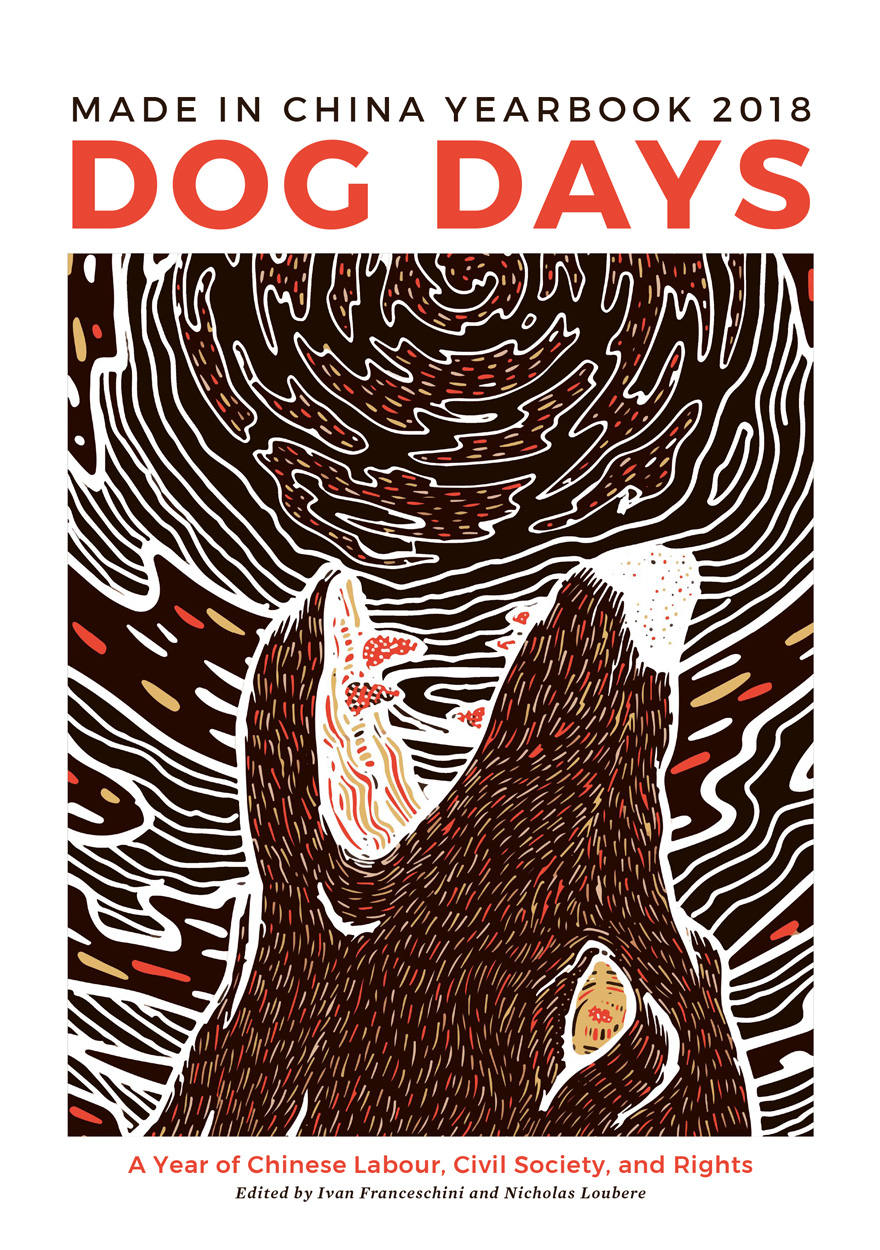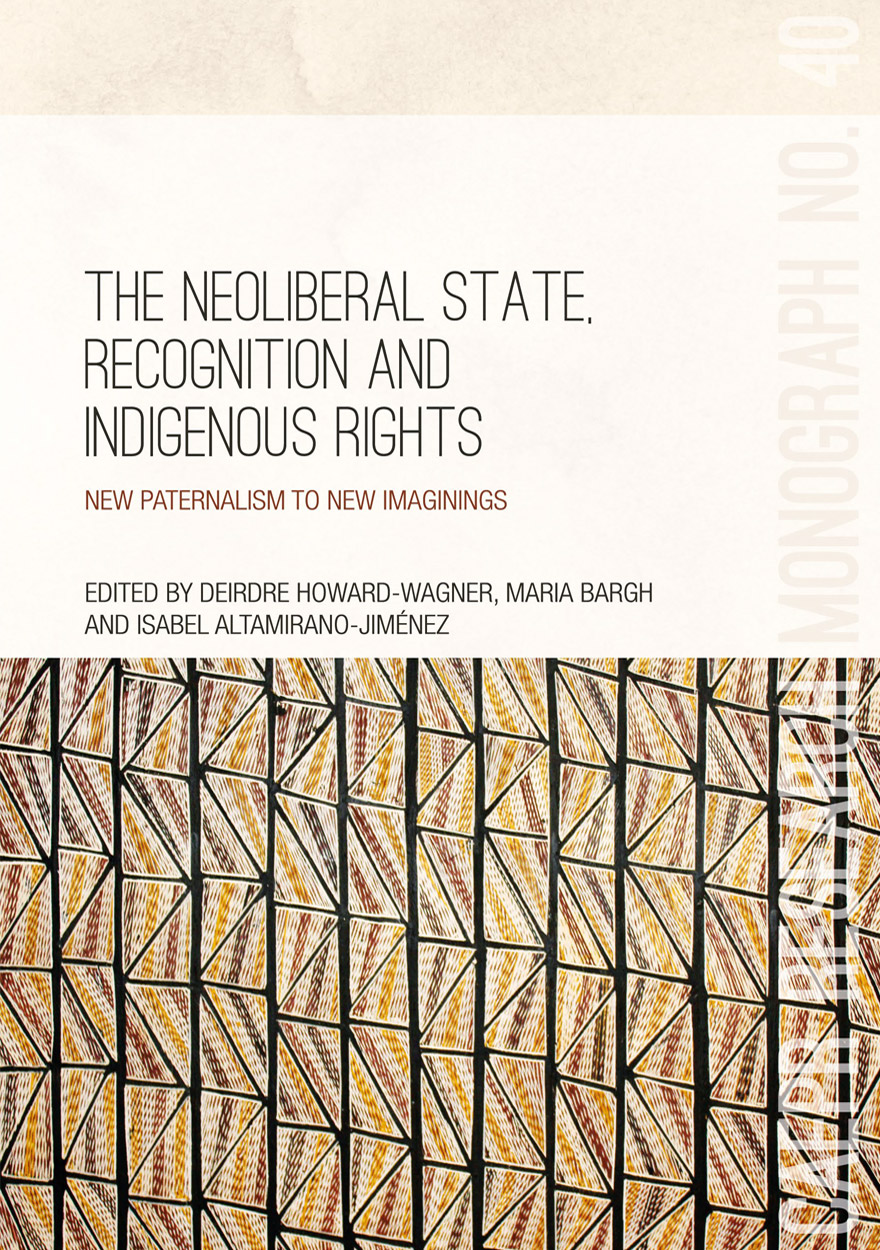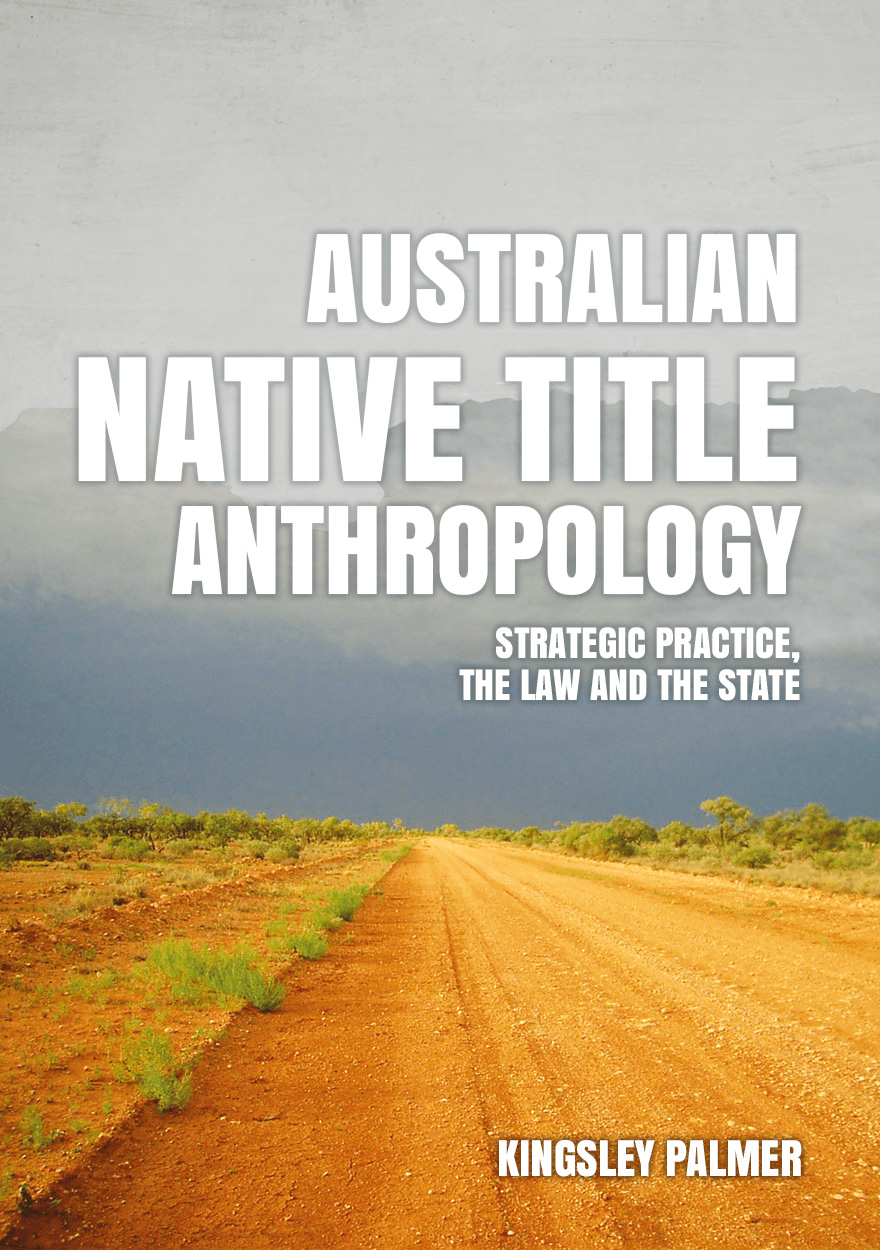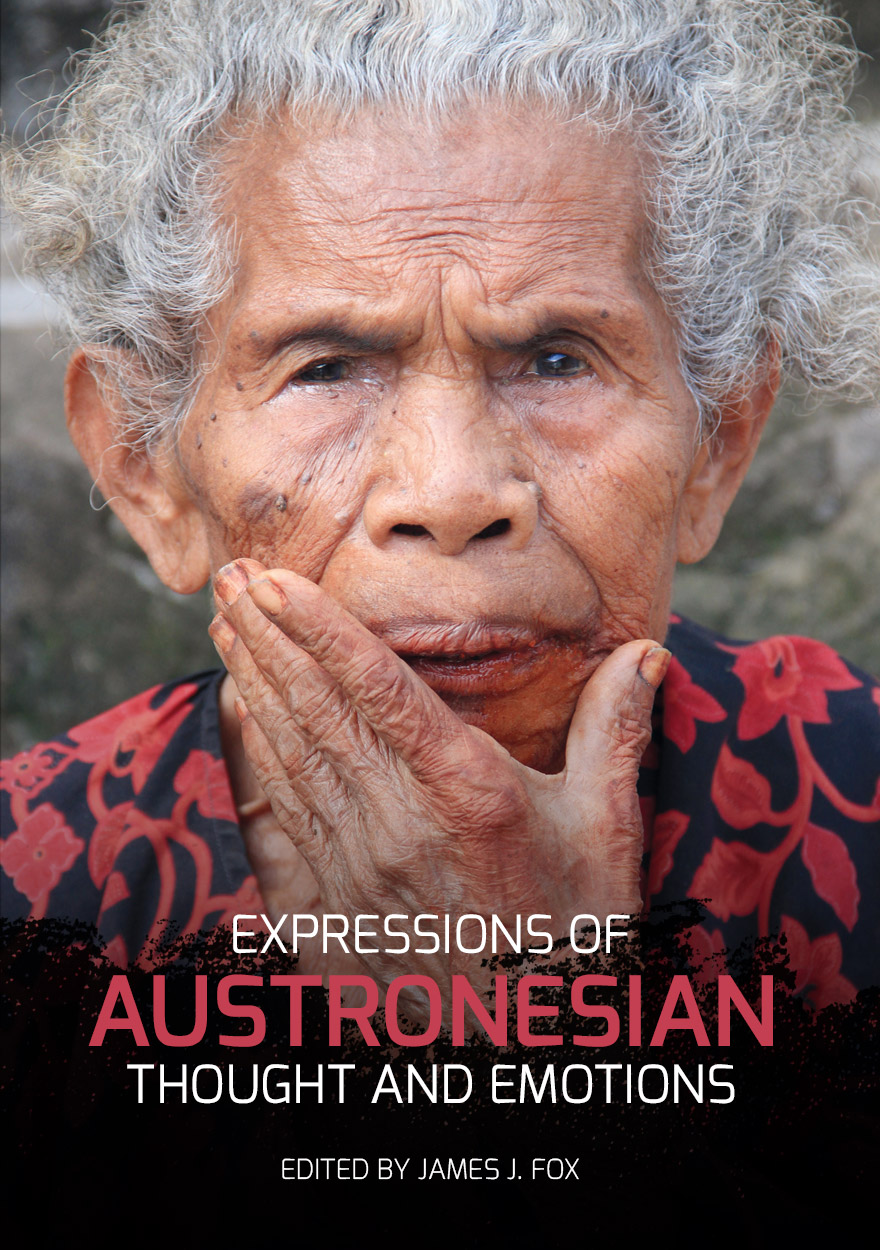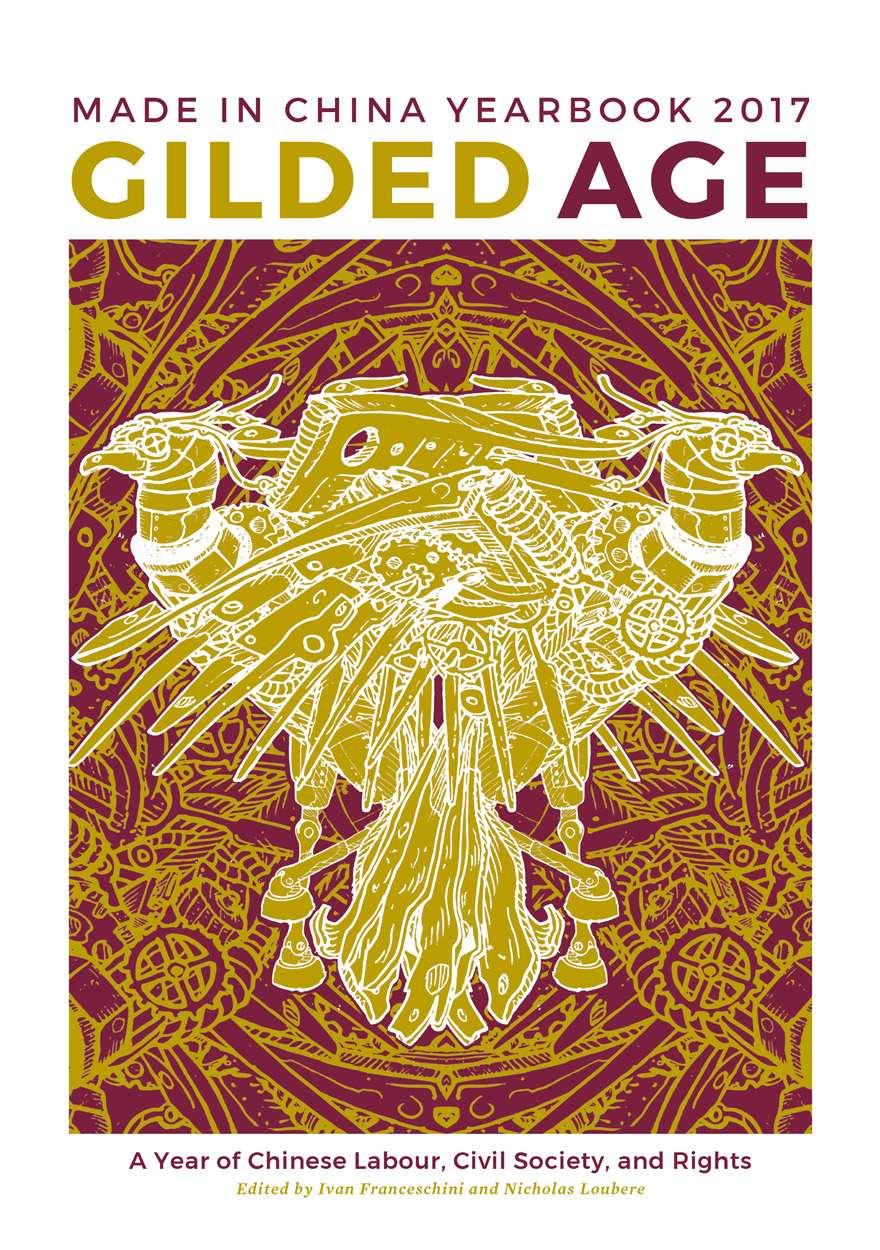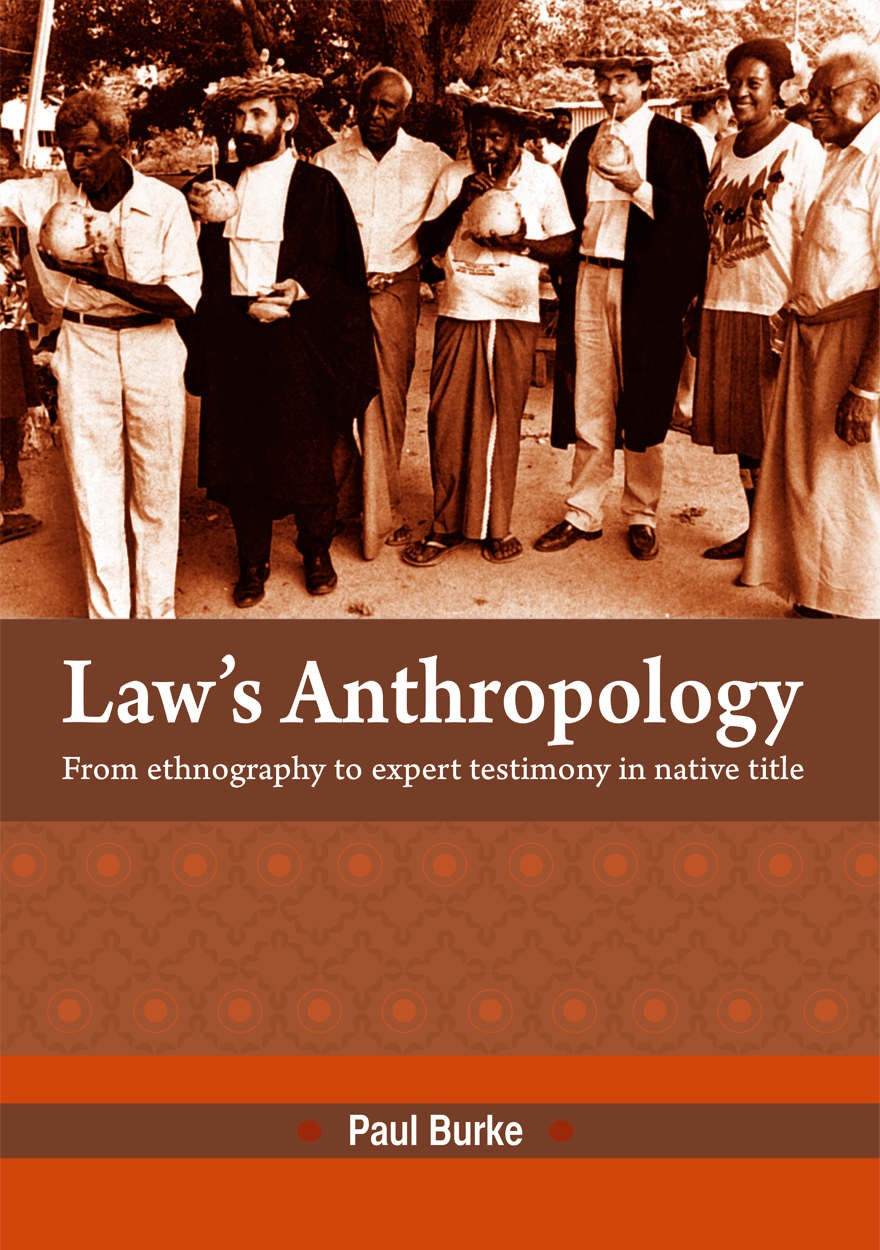
Law's Anthropology
From ethnography to expert testimony in native title
Authored by: Paul BurkePlease read Conditions of use before downloading the formats.
Description
Anthropologists have been appearing as key expert witnesses in native title claims for over 20 years. Until now, however, there has been no theoretically-informed, detailed investigation of how the expert testimony of anthropologists is formed and how it is received by judges. This book examines the structure and habitus of both the field of anthropology and the juridical field and how they have interacted in four cases, including the original hearing in the Mabo case. The analysis of background material has been supplemented by interviews with the key protagonists in each case. This allows the reader a unique, insider’s perspective of the courtroom drama that unfolds in each case. The book asks, given the available ethnographic research, how will the anthropologist reconstruct it in a way that is relevant to the legal doctrine of native title when that doctrine gives a wide leeway for interpretation on the critical questions: what is the relevant grouping, what can be counted as a traditional law and when has there been too much change of tradition? How will such evidence be received by judges who are becoming increasingly sceptical about experts tailoring their evidence to suit the party which called them? This book answers these questions by assuming that there is more at stake here than the mere performance of roles. Rather, there is a complex interaction of distinct social fields each with its own habitus, and individual actors are engaged in an active and constructive agency, however subtle, which the painstaking research for this book uncovers.
Details
- ISBN (print):
- 9781921862427
- ISBN (online):
- 9781921862434
- Publication date:
- Nov 2011
- Imprint:
- ANU Press
- DOI:
- http://doi.org/10.22459/LA.11.2011
- Disciplines:
- Law; Social Sciences: Anthropology, Indigenous Studies, Social Policy & Administration
- Countries:
- Australia
PDF Chapters
Please read Conditions of use before downloading the formats.
- Preliminary Pages (PDF, 159KB)
- Acknowledgments (PDF, 65KB)
- Lists of Maps, Tables and Figures (PDF, 126KB)
- Towards an Ethnography of Anthropology’s Encounter with Modern Law (PDF, 570KB)
- Anthropological Knowledge of the Murray Islands Prior to the Mabo Case (PDF, 2.3MB)
- Beckett in Mabo (PDF, 541KB)
- The Anthropology of the Broome Region (PDF, 1.8MB)
- The Anthropology of Broome on Trial (PDF, 306KB)
- The Enigma of Traditional Western Desert Land Tenure (PDF, 1.8MB)
- Western Desert Ethnography on Trial (PDF, 298KB)
- Apocalypse Yulara? The emergence of a judicial discourse of ‘junk’ anthropology (PDF, 288KB)
- Conclusion (PDF, 204KB)
Reviews
Bruce Granville Miller, writing in Pacific Affairs (Volume 87, Issue 1, March 2014) reviews Law’s Anthropology: From Ethnography to Expert Testimony in Native Title by Paul Burke. Miller writes “this carefully written and biting examination of the fraught relationships between fields of practice raises the right questions, provides the right examples, and gives insight into a number of intriguing questions.” (p198). Miller describes the book as “a primer for expert witness engaged in Aboriginal litigation worldwide.” (p196) and recommends: “There are several sections that people giving expert testimony would do well to read.” (p196)
(Miller, Bruce Granville. Review of Law’s Anthropology: From Ethnography to Expert Testimony in Native Title, Pacific Affairs, Volume 87, Issue 1 (March 2014), pp. 196-198.)
In Aboriginal History Volume 38, Kim McCaul reviews Paul Burke’s Law’s Anthropology: From ethnography to expert testimony in native title. McCaul describes the text as ‘an ambitious project’ that is both ‘well-written and engaging’.
Focusing around three main case studies of contested native title hearings – the Mabo matter, the Rubibi case and the De Rose Hill claim – McCaul says Burke is able to examine both the disciplines of law and anthropology from a critical distance to ‘expose their internal workings’ and examine the interaction of the two while exploring the numerous issues arising from the inter-disciplinary interplay.
McCaul describes Burke’s work as providing ‘a level-headed and forensic perspective on an area that is often clouded by emotions and vested interests. As such this is a valuable resource for lawyers and anthropologists involved in any stage of the native title process and more broadly for those wishing to understand the relationship between anthropology and the law in the fraught but socially fascinating recognition space that is the native title jurisdiction.’
The review can be found in Aboriginal History Volume 38.
(Kim McCaul, review of Law’s Anthropology: From ethnography to expert testimony in native title by Paul Burke, Aboriginal History Volume 38, pp. 209–212)
Other publications that may interest you





